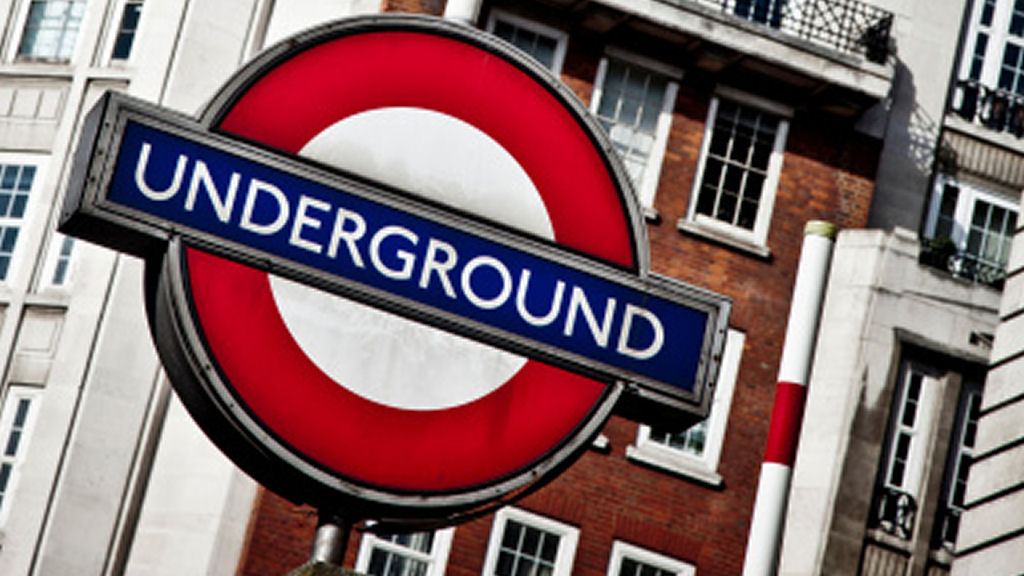Disability ramps here to stay, transport bosses confirm
Transport for London and Mayor Boris Johnson pledge to improve accessibility across the capital, including expanding a network of manual ramps on the Tube, following a No Go Britain story.

During the London 2012 Olympic and Paralympic Games, 16 underground stations were equipped with manual boarding ramps to improve access for disabled passengers.
The ramps were a huge success, allowing many people to use the Tube network who had never used it before. However, the future of the ramps was uncertain – with suggestions they would be scrapped after the Games – and campaigners said more were needed to really make a difference.
This week, following a festive transport protest lead by Transport for All last week and in the wake of months of coverage from Channel 4 News’s No Go Britain series, Transport for London (TfL) and London Mayor Boris Johnson confirmed that the ramps would stay.
Moreover, more stations are set to be equipped with ramps and a further £18m will be spent to attempt to make almost every bus stop in London accessible by 2016.
London has the most accessible transport network in the country. But it’s not perfect and we must go further. London Mayor Boris Johnson
Boris Johnson, said: “London now has the most accessible transport network in the country and one of the most accessible in the world. But it’s not perfect and we must go further – that’s why we’re investing hundreds of millions of pounds and using the most imaginative solutions and the latest technology to take the accessibility of the transport network to the next level.”
Training and tweets
TfL said there would be a further 28-step free London Underground and London Overground stations over the next 10 years, as well as dozens of National Rail stations and accessible Crossrail stations.
It said the aim was to treble the number of journeys made by step-free routes each year, from 67 million at the moment to 189 million by 2021.
There will also be £50m allocated for staff training. The TfL website, app and signs across the network will also be redeveloped to make navigation easier. There are also plans to set up an accessibility Twitter feed.
Faryal Velmi, director of Transport for All, said: “In particular the commitment to involving disabled and older people in the training of transport staff and investment to make 95 per cent of bus stops accessible will make a real difference to our ability to get out and about with freedom and independence.”
Reggie Greaves, a wheelchair user who spoke to Channel 4 News last week about access, said he was pleased to hear positive words but he wanted to see things happen more quickly.
“It’s brilliant that it is being done but how soon, and how much, is my key point. This is like opening the door a little and seeing the light – but the problems remain on a daily basis,” he said.
“If they are asking what can we do – put a decision-maker in a wheelchair and I’ll say ‘Come with me’, and you will see what has to be done.”
-
Latest news
-
Stormzy opens Merky FC HQ to provide youth opportunities in Croydon4m

-
Britain’s Olly Alexander addresses Israel Eurovision controversy3m

-
‘Greens have made huge gains‘, says party co-leader4m

-
Rishi Sunak faces pressure to ‘change course’ following Tory election defeats3m

-
Israel closes Gaza border crossing after nearby Hamas rocket fire – as ceasefire talks continue3m

-





